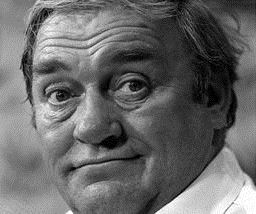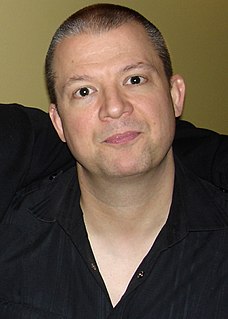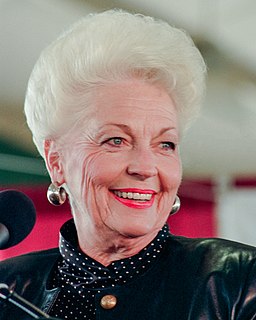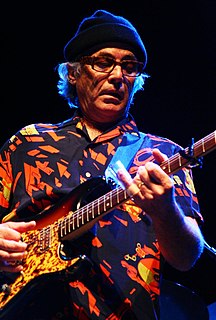A Quote by Les Dawson
You do something you're really quite proud of, and the public doesn't like it. Then you do something that perhaps you're not at all happy with and the public loves it. And that's the moment of truth, because it's the audience that's the final judge.
Related Quotes
In the olden days, a memoir was something written by Churchill and people like that, because they had a grand experience and considered it useful for future generations. And then it became what it became - a public purging in which other people have the chance to judge you and then forgive you, perhaps learning something from your sorry example.
There's something I really like about network TV. You have this humongous audience, tens of millions of people, and you really can be in a little hut in Thailand; you really can be in the middle of an apartment in Dubai. There's something about public entertainment that I always liked. I like smaller movies, and I like public entertainment.
The public does not like you to mislead or represent yourself to be something you're not. And the other thing that the public really does like is the self-examination to say, you know, I'm not perfect. I'm just like you. They don't ask their public officials to be perfect. They just ask them to be smart, truthful, honest, and show a modicum of good sense.
I like to take on the thing I don't like at the moment. I like to find something that looks wrong or feels off, something that I would never have done in the past, like brocade. And then all of a sudden, if we can make brocade work, then we've really done something, because I hate it. And that's just a reference. I don't actually hate brocade.
It's a sick thing, right: people are afraid of public speaking. I do public speaking, except my public speaking involves the audience only having one type of emotion and one type of reaction. If they have anything other than laughter, it's a failure. That's an absurd thing for a human to try to seek. The main thing to realize is that whatever I say, it's my truth and I believe in it, and if I don't get a laugh off that, then it's not working.
I am singing in an operatic voice for the public, to bring something more to Rock and Roll. Because in a Rock and Roll performance, the singer talks to the public whereas in Opera the singer only talks to a character, inside a story. The public sees this as a picture, I want to transport this picture into the room where the public is.
Public speaking is scary, I think. I've gotten way better at it. If I have to do a speech and be like, 'I'm a YouTuber,' then that's easy, but if I have to get up there and pretend I know something in front of adults, it's never fine. In front of adults, it's like, 'Ahhhh they're going to judge me.'


































